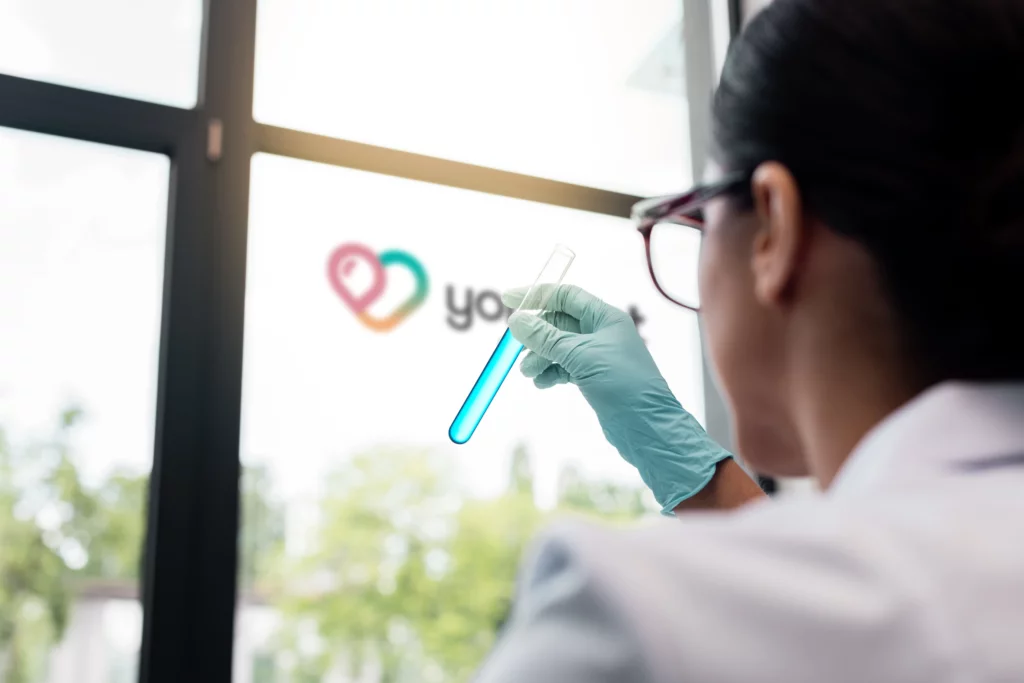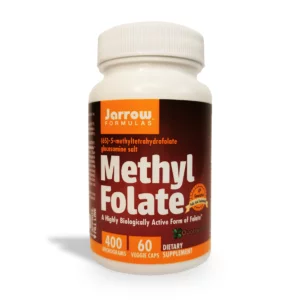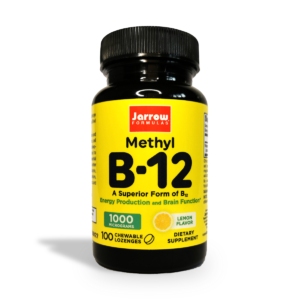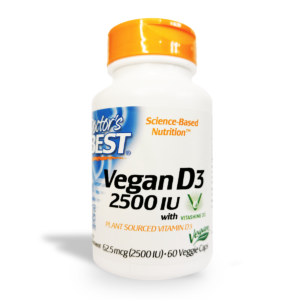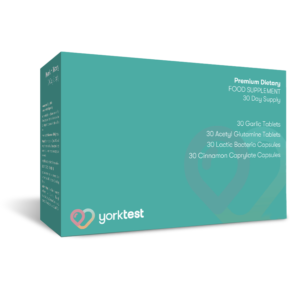What is an IgG test?
IgG is a fancy word for testing the reaction to proteins in foods. This simple blood test is used as a measurement strategy of food-specific IgG antibodies for identifying foods to which a person may be sensitive. This type of testing is now considered mainstream as many choose to use this approach as a starting point for an elimination diet.
The yorktest food-specific IgG antibody programmes test for food-specific IgG antibody reactions to 200+ different whole food extracts. The test is not diagnostic of any condition but is used as an aid to management of dietary intake, a “starting point” for an elimination diet.
How long do the effects of food intolerance last?
The onset of symptoms is usually much slower compared to a food allergy and may be delayed by many hours after eating the offending food. Because of this, it makes it challenging to pinpoint what foods and drinks are triggering your symptoms. The signs of food intolerance are often prolonged, especially if offending foods are eaten on a regular basis. You can find out more on the symptoms here.
What’s the difference between a food allergy and a food intolerance?
When it comes to the difference between food allergy and food intolerance, many people assume they are the same thing, especially when they’re used interchangeably in conversation. However, they are both very different.
An allergy could be life-threatening, and symptoms often develop soon after consumption. A food intolerance, on the other hand, is not life-threatening and symptoms could develop as far as 72 hours after eating the problematic food. In scientific terms, the body produces IgE antibodies during an allergic reaction and IgG antibodies can be involved when it comes to a food intolerance. This means that the biological processes behind a food allergy and a food intolerance are notably dissimilar.
Find out more on the difference between a food intolerance and an allergy.
WILL HAVING FOOD INTOLERANCES RUIN MY SOCIAL LIFE?
Worrying that you’re a fussy eater, having to cancel dinner plans or simply avoiding social events that might risk bringing on uncomfortable symptoms is a fear for many food intolerant sufferers. However, this doesn’t have to be the case. More and more restaurants, cafes and even entire supermarkets are opening with food intolerant sufferers in mind. The majority of restaurants, especially the chains, will cater to food intolerant sufferers – they want your custom after all!
Furthermore, free-from foods are becoming a phenomenon, although processed free-from foods are not usually that healthy and its better use fresh produce or check the labels carefully.
CAN FOOD INTOLERANCES BE TREATED BY TAKING ENZYMES OR PROBIOTICS?
There is evidence that you can use digestive enzymes and probiotics for treatment of food intolerance when used correctly, such as lactase enzyme for treating lactose intolerance.
However, most food intolerances are not caused by major enzyme deficiencies and balancing the gut flora with probiotics on its own will not get to the route cause. The most effective way to reduce symptoms of food intolerance is to identify the culprit foods, and then to eliminate those foods from your diet.
Thinking of a food intolerance test? Here’s what to look for:

























